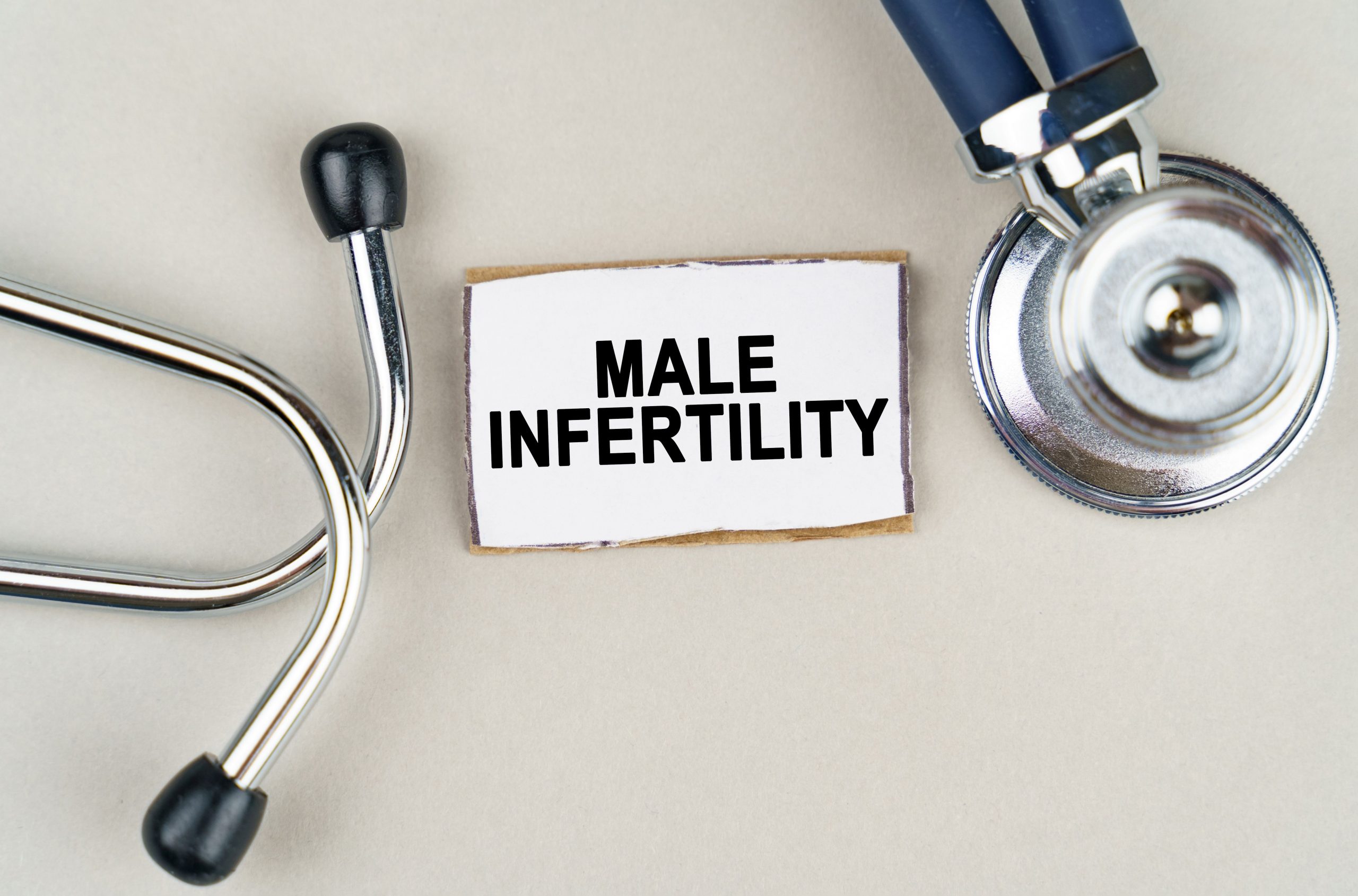It’s been known for a long time that male fertility is not going well. Over the past 30-40 years, the standards, when it comes to the quality of male sperm have lowered by 4 times! What caused that fertility disorders are no longer just a problem for women?

It is been known for a long time that male fertility is not going well. Over the past 30-40 years, the standards, when it comes to the quality of male sperm have lowered by 4 times! What caused that fertility disorders are no longer just a problem for women?
Male infertility- the numbers speak for themselves
In the 80s, male sperm had to have at least 60 million sperm per ml to be considered normal. In 2010, this number was just 15 million. But this is not the end. By 2000, at least 30% of spermatozoa had to be in normal structure. Today, according to the World Health Organization, this figure may be as low as 4%. Statistics show that the quality of male sperm has practically halved over the past few decades. Unfortunately, it is expected that this problem will increase year by year.
Fertility is just not just a female problem anymore
Once, when people talked about infertility, they mainly thought about women. Because if a woman carries a child, the problem must be on her side. It turns out that nothing could be more wrong! 40% infertility is determined by the female factor and 40% by the male factor. Therefore, nature has decided to be exceptionally “fair” in this one aspect. Or maybe one should say more”cruel” ? Where lies the reason for the growing number of infertile men?
Different factors of male infertility
A man can be infertile for many reasons. The most common causes are: birth defects, previous infections (viral, bacterial, fungal) or injuries. Unfortunately, problems with conceiving a child can also be a result of cancer, e.g. testicular cancer so common in men. Autoimmune diseases will be another reason. They appear when the antibodies produced by the immune system attack the body’s own cells, mistakenly identifying them as hostile. In the course of autoimmune disease, antibodies in the man’s body attack and damage sperm, which is why they are too weak to break through the cervical mucus. Interestingly, many diseases outside the reproductive system can also lead to infertility, e.g. diabetes, kidney disease, thyroid disease or liver disease. However, this is not all.
Men do that to themselves?
Unfortunately, it happens that the man himself is responsible for his condition. A frequent cause of male infertility is an unsanitary lifestyle. The gentlemen just don’t care about themselves. They do not shun stimulants, work after hours, sleep too little and eat far too fat. You need to drag them to the doctor by force, not to mention the need for preventive examinations.
Unhealthy diet
The right diet and regular physical activity supports the production of testosterone, which is so crucial for male fertility. The diet should be tailored to the individual needs of men, both in terms of caloric content of meals and the content of individual nutrients. To maintain health and fertility, men need adequate doses of iron, magnesium, calcium, zinc or selenium, vitamins A, C, E and some B vitamins. Unfortunately, the diet of many men is too low in these ingredients, which later causes problems with conceiving a child.
No physical activity
A sedentary lifestyle has a very negative effect on male fertility. First of all, it promotes overweight and obesity, which are one of the key factors in reproductive disorders. Obese men usually have lower sperm parameters and often have to really work hard for their partner to become pregnant.
Physical activity helps maintain normal circulation and temperature within the testicles. For the spermatogenesis process to take place correctly, it must be about 2-3 ° C lower than body temperature. Sperm of a man regularly engaging in some physical activity has definitely better parameters – there are more of them, they are more mobile, a larger percentage of spermatozoa also has the correct structure. In addition, the number of free radicals is lowered, thanks to which the sperm have a greater ability to fertilize the egg.
But beware! By exaggerating with exercise, a man can achieve the opposite effect. Excessive physical exertion, as well as the lack of it, can cause a decrease in the level of male sex hormones. Men practicing sports, especially the professional ones, are also more likely to have testicular injuries, which, as we have already mentioned, can lead to infertility.
The stimulants do not help
There is definitely less sperm in the semen of a man who smokes 10-20 cigarettes a day. They are also less mobile. In addition, under the influence of substances contained in cigarette smoke, oxidative stress and the number of free radicals that damage spermatozoa and deprive them of their basic function – the possibility of fertilization of the egg cell – increase.
Excessive alcohol consumption, in turn, causes a decrease in testosterone in the male body, while increasing the concentration of gonadotropins and estradiol. Men who do not shun alcohol beverages have a lower sperm count and a higher proportion of sperm with an abnormal build. Drugs, like alcohol or cigarettes, will be harmful to the germ cells. Even occasional smoking of cannabis can significantly reduce male fertility. Therefore, men who want to become fathers in the future should avoid them.
Is male sperm sensitive to environmental changes?
Technological development causes that toxic substances get into the environment without interruption. They harm not only man, but all living organisms. It&rsquos also said about the adverse effects of pollution on the male reproductive system.
And practically everything is contaminated – water, air, soil, food, cosmetics and many everyday items. Plant protection products, i.e. pesticides, and sulfur and nitrogen oxide in the air are particularly dangerous for male semen. Heavy metals such as cadmium, mercury, arsenic and lead will also have a negative impact on male fertility.
Pollutants in the environment primarily disturb the production of male sex hormones. They also increase oxidative stress, stimulating the formation of free radicals that damage sperm. Therefore, couples planning offspring should avoid contact with this type of substances as much as possible, e.g. limiting the consumption of processed food or giving up plastic containers and food packaging.





